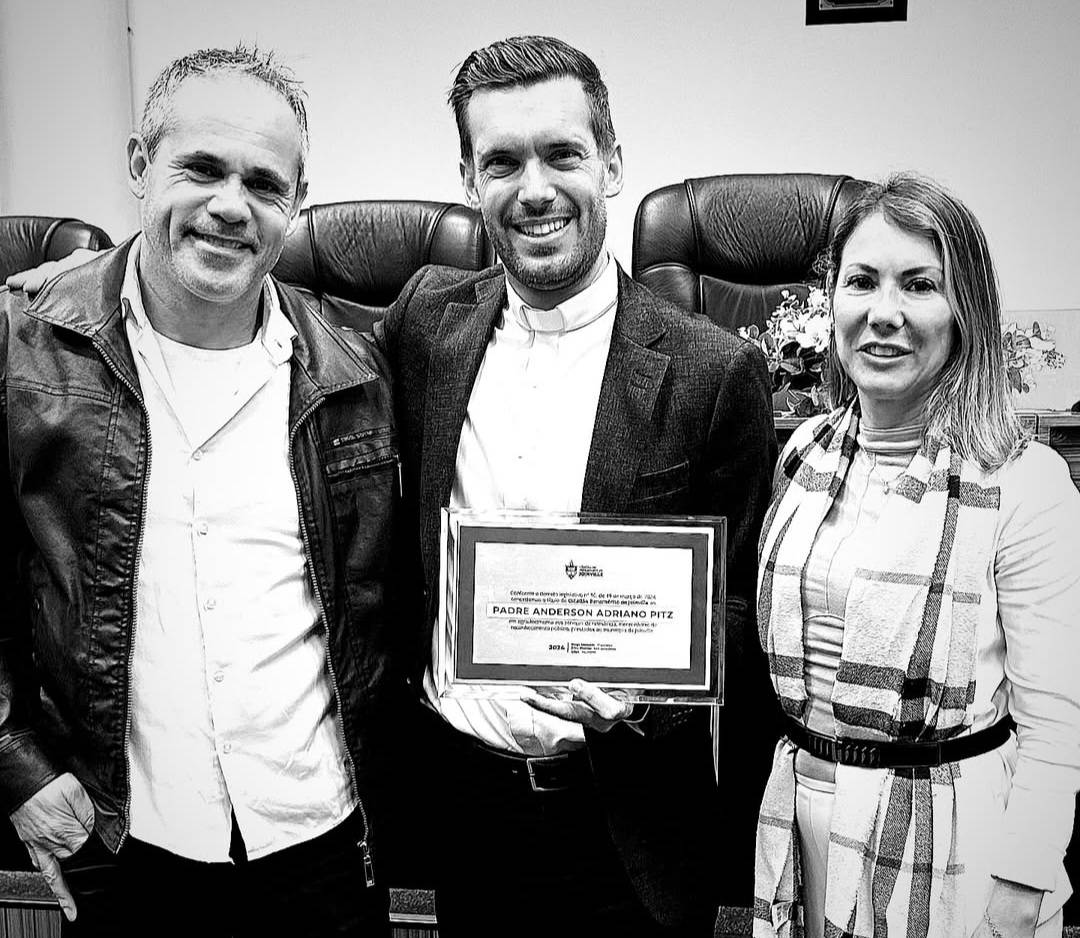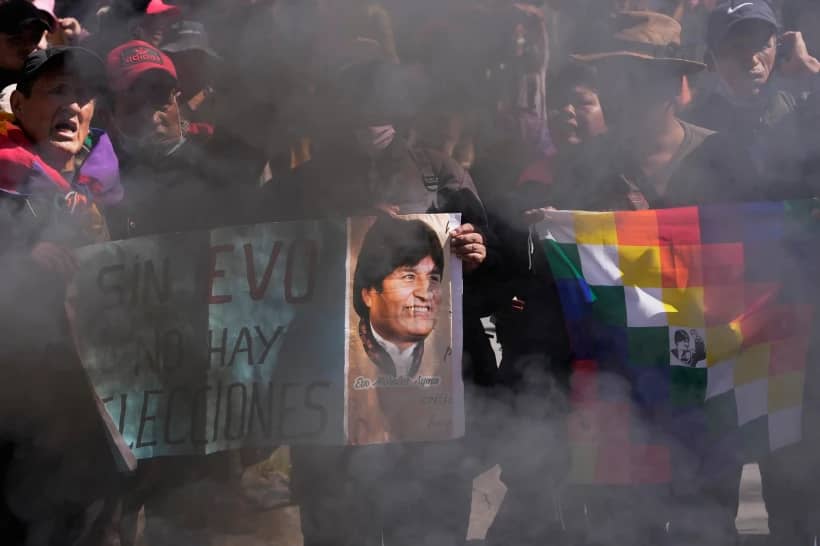ROME — As a Vatican summit on the protection of children from clerical sexual abuse rolls on, in Pope Francis’s native Argentina two cases of priestly sexual misconduct close to him continue to develop.
In one of those cases, a criminal court has ruled that the DNA profile of Father Julio Cesar Grassi, sentenced to 15 years in prison for sexual abuse and corruption of minors, will be incorporated into the National Registry of Genetic Data linked to crimes of a sexual nature.
Another involves Argentine Bishop Gustavo Zanchetta, with newly leaked internal Church documents raising questions about when the Vatican knew of allegations against the former prelate of the northern diocese of Oran who was given a position in the Vatican by Francis in 2017, two years after charges of sexual misconduct were reportedly raised.
Zanchetta is accused of sending intimate photos from his phone, harassing seminarians by entering their rooms at all hours of the night, and also of financial mismanagement.
Documents published by El Tribuno indicate that the pictures show him fully naked and touching himself. They made their way to Rome, where Zanchetta reportedly managed to convince the pontiff that they were fake.
Zanchetta has been removed from his Vatican post pending a Church investigation, and he also faces a criminal case in Argentina for sexual abuse as a result of a judicial complaint filed a few days ago, after reports about the photographs found in his phone were made public.
The first internal allegations against the bishop were made in 2015, after his secretary found the pictures on the bishop’s phone while he was downloading the images. A year later, three of his vicar generals and two monsignors made a formal complaint to the papal representative in the country, Swiss Archbishop Paul Emile Tscherrig, due to Zanchetta’s “improper behavior with seminarians.”
According to those reports, Zanchetta would “watch seminarians in their rooms at night with a flashlight, ask for massages, go into their rooms and sit on their beds, encourage them to drink alcoholic beverages, and had certain preferences for those who were more graceful [looking].”
According to one report, the compromising images were given on a pen drive to Cardinal Mario Poli, Archbishop of Buenos Aires, while a second report, from 2016, was given to the papal representative. However, according to both, the Vatican had the pictures in 2015 and showed them to Zanchetta.
The second document also claims that Zanchetta didn’t report the sale of two properties worth a million dollars because, “according to the bishop, His Holiness personally suggested that he withhold the information to prevent the diocese from being considered as less needy.”
Zanchetta was brought to Rome to work in APSA, the Administration of the Patrimony of the Apostolic See, which among other things, administers the Vatican’s real estate properties.
Upon his return from Rome in 2015, Zanchetta reportedly told his secretary, the layman who found the pictures, that they were a “photomontage,” but the layman didn’t believe him. The prelate allegedly said it was good that the pictures had made their way to Rome because he had “shoulders to stand on” for support, presumably meaning Francis.
The two have known each other a long time, and then-Cardinal Jorge Mario Bergoglio was once Zanchetta’s spiritual director.
Grassi was convicted in 2009 on two charges of aggravated sexual abuse and corruption of minors of a boy from the Felices los Niños Foundation [Happy Children], through which he run homes for foster children and soup kitchens.
The Supreme Court of Buenos Aires confirmed the sentence in 2016.
The registry, which depends on the National Ministry of Justice, was created in July 2013 and incorporates all personal data of people convicted of sexual crimes.
In 2010, when he was president of the Argentine bishops’ conference, Bergoglio commissioned a four-volume, 2,000-page study that concluded Grassi was innocent, his victims were lying and the case never should have gone to trial.
As archbishop of Buenos Aires, Bergoglio wasn’t Grassi’s bishop and bore no direct responsibility for him, since Grassi came from another diocese. But in 2006, the future pope was quoted by the now-defunct Argentine magazine Veintitres as saying the accusations against Grassi were “viciousness against him, a condemnation by the media.”
Despite the civil court ruling, Grassi has not been defrocked.

















